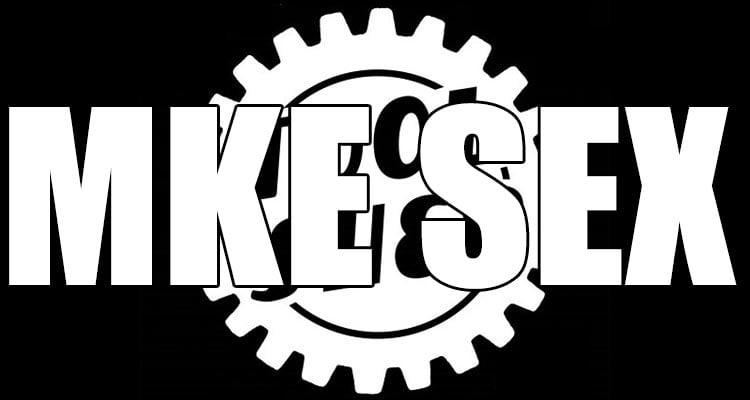April is STD Awareness Month, which means we all have another opportunity to learn about sexually transmitted diseases, and I’m so glad. It’s way past time for us to get educated, get tested, and get proactive about our sexual health. (A note about terms: Most healthcare providers now use the term STI for sexually transmitted infection, rather than disease. This is part of an ongoing effort to destigmatize these viruses and bacteria. For the rest of this article, I will use the term STI instead of STD.)
Last month, there was a breaking news story about a cluster of new syphilis and HIV infections in the city of Milwaukee. Less than a year ago, I wrote a column about three global cases of incurable gonorrhea. As a sexuality educator, I feel very frustrated with all of this backwards movement with STIs. I believe we need comprehensive sex ed in middle school, high school, and college. There is still so much shame surrounding sex, and everything adjacent to it. As a culture we need to accept that people have sex. Part of sex, like any other shared physical contact, is a risk of passing viruses and bacterial illnesses. Contracting an STI has no greater moral or ethical implications than catching a cold or coming down with the flu. And unlike colds and flus, most STIs can treated with medications!
Getting diagnosed with an STI doesn’t mean that you’re a bad person, or that you’re doomed to a life of abstinence. Chlamydia, syphilis, crabs, trichomoniasis, and gonorrhea are all treatable. (Gonorrhea is becoming antibiotic resistant, but at this point all known cases in the United States have been treatable.) If you’re diagnosed, you can take antibiotics and fully recover. Though there’s no cure for herpes, it can usually be managed with antiviral medications. There is also no cure for HIV, but there are effective medications that may both dramatically slow the progress of the virus and reduce the risk of transmission to sexual partners.
It’s not just the old in-out, in-out that carries risk. HPV, herpes, chlamydia, gonorrhea, syphilis, and trichomoniasis can all be passed through oral sex, as well as anal and vaginal sex. HIV and hepatitis B may also be transmittable via oral sex as the viruses are found in saliva, though the risk of transmission is much lower than with vaginal and anal sex. So, in addition to using a condom for penetrative sex, we should be using barriers for oral sex, too.
In April, Planned Parenthood of Wisconsin is offering free STI testing for HIV, HPV, chlamydia, gonorrhea, syphilis, and trichomoniasis. You can schedule an appointment online. In the Milwaukee area, you can also schedule by calling 414-931-8181. Many health departments throughout the country also offer free or low cost testing. In Milwaukee, anyone 12 years old or older can get free testing and treatment at the Keenan Health Center, located at 3200 N. 36th St, Milwaukee. Free Hep B vaccines are also offered at Keenan.
Take advantage of these opportunities for free testing and get yourself checked out. Despite your best efforts at preventing STIs, you may still contract one in your lifetime. According to the CDC, about one-third of American adults have an STI at any time. Catching it early, treating it appropriately, and taking precautions to prevent the spread to other people are all better uses of your time than feeling ashamed for something so common, and so easy to manage.
Curious about cunnilingus? Anxious about anal? Do you have questions about queefs or problems with your prostate? Lucky Tomaszek is the education coordinator at The Tool Shed: An Erotic Boutique, Milwaukee’s only mission-driven, education-focused sex toy store. Send her a question at [email protected] and she’ll get back to you with an answer.

